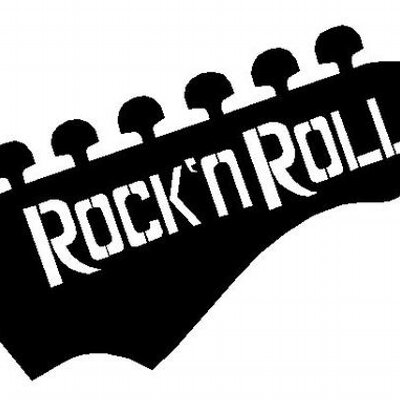


Original Dixieland Jazz Band was popular in the late 1890s and recorded early in the 20th century on those recordings, they were billed without the definitive. People certainly did tack a "the" to those mass nouns for convenience, but even groups like Victor Military Band published without the definitive. Most notably, the “Big Five” orchestras (New York Philharmonic, Boston Symphony Orchestra, etc.) have always lacked the definitive article. Through the late 1800s and the early 1900s, the main performers and composers of music either took their own names or grouped themselves underneath mass nouns-Scott Joplin, Irving Berlin, Venetian Trio. The choice to add “the” did not seem to occur to musical groups of any kind until about 1920, when changes in patronage and technology made slighter distinctions between artists necessary. In a lot of ways it's really perfect and very cool, almost gang-like: 'We are The Stooges or The Kinks or The Sisters of Mercy.' The mind-set is, ‘There is only one of us and we are it and we are gonna do it our way, no mercy.'” Bands that start with "the" have a striking preference for the next letter to be: b, j, k, m, and z. Mark Tester of Burnt Ones noted that “having a ‘the’ before the name of a band signifies singularity and property. “When bands call themselves something like Tortoise In The Snow, it seems like an attempt to make what you do less important than it is to you-almost shunning responsibility or defending yourself before the critique has even arrived.” “Adding 'the' is like taking responsibility and saying, 'This is us,'” says Howlin' Pelle Almqvist of The Hives. But frankly, I don’t know what to do with "Cure." Cure what? Cure whom? Would “Cure” have been a less successful band? We will never know. And to some people, that’s exactly what this band became. “The Cure" is probably the best "the" band name: It represents a panacea, an answer to listeners' problems. “Like The Beatles or The Animals or The Rolling Stones-it suggests it’s the individual members of the band making up the group, a Beatle, an Animal, a Rolling Stone. “Leaving 'the' off or including it makes some kind of rhetorical point,” says Jesse Shiedlower, the editor-at-large of the Oxford English Dictionary. Can you imagine trying to talk about Pete Townshend without the definitive? “Who”? The Fab Four most certainly called themselves "The Beatles." Likewise: "The Crystals," "The MC5," “The Maine.” And so on. Only a record-store clerk would have to ask if one meant to say "The Men" when one asks for the new release by MEN. There’s no other instance in English where the displacement of a single word causes such muddle as when "the" is used or forgotten at the front of a band’s name. The Miseducation of the American Boy Peggy Orenstein


 0 kommentar(er)
0 kommentar(er)
